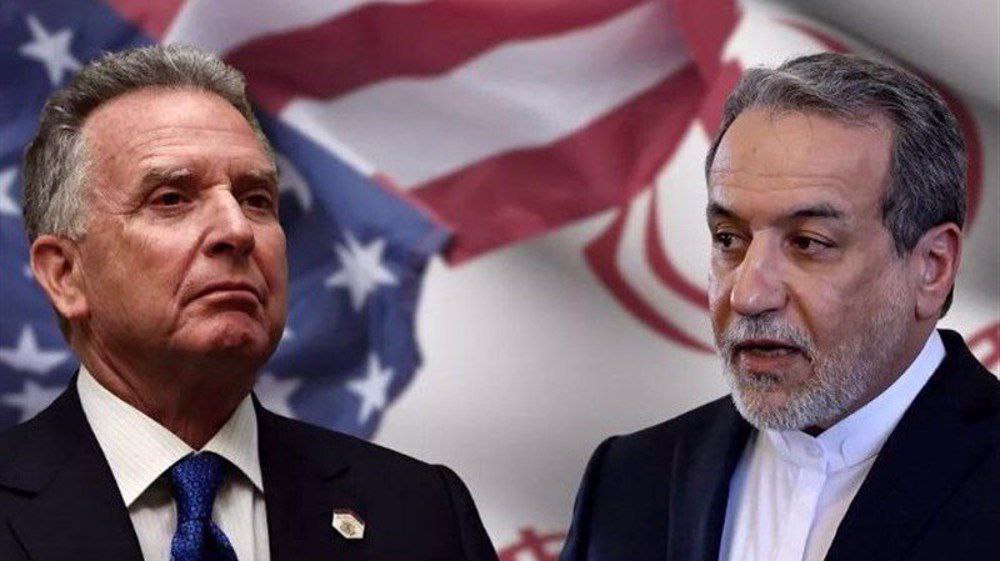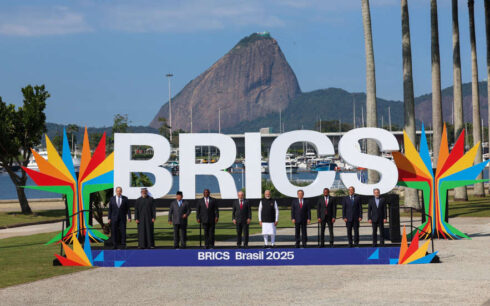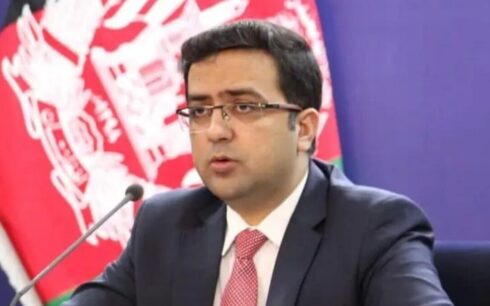TEHRAN — Iran and the United States concluded indirect high-level talks in Oman on Saturday, with both sides agreeing to resume negotiations next week, according to Iranian officials. The dialogue, aimed at curbing Tehran’s expanding nuclear program, comes amid renewed threats of military action by President Donald Trump should no agreement be reached.
Iranian Foreign Minister Abbas Araqchi said in a statement that the meeting, mediated by Oman, lasted more than two and a half hours and was conducted in a “productive and positive atmosphere.” Araqchi added that as the delegations departed, he and Trump’s Middle East envoy, Steve Witkoff, briefly spoke in the presence of Oman’s foreign minister.
It was the first such exchange between Iran and the Trump administration since Trump returned to office in January. While no specifics were disclosed about the agenda, Araqchi confirmed that both delegations agreed to continue discussions next week, though he did not disclose the date or location of the follow-up meeting.
The U.S. has not publicly commented on the outcome of Saturday’s talks.
The dialogue reflects a rare moment of engagement amid longstanding hostility between the two countries. The Iranian Foreign Ministry said the talks were conducted in separate rooms, with Omani officials relaying messages between the delegations.
According to an Omani source cited by Reuters, the talks are expected to center on regional de-escalation, potential prisoner exchanges, and limited sanctions relief in return for Iran placing constraints on its nuclear program. However, Iranian Foreign Ministry spokesman Esmail Baghaei rejected that characterization without specifying what part was inaccurate.
Oman has played a historic role as a neutral intermediary between Iran and the West, having previously facilitated the release of foreign detainees held in Iran.
Despite the cautiously optimistic tone, Tehran approached the discussions with skepticism. Iranian officials remain wary of Trump, who withdrew from the 2015 nuclear agreement during his first term and has repeatedly warned of military consequences if Iran continues enriching uranium. The program, while officially civilian, is widely viewed by Western nations and Israel as a pathway to nuclear weapons — a claim Iran denies.
Saturday’s talks were held indirectly, in line with Tehran’s preference. Trump had previously called for direct negotiations.
“This is a beginning,” said Baghaei. “So it is normal at this stage for the two sides to present to each other their fundamental positions through the Omani intermediary.”
The talks come at a time of heightened regional volatility, with ongoing conflicts in Gaza and Lebanon, cross-border strikes between Iran and Israel, Houthi attacks on Red Sea shipping, and the continued instability in Syria. Diplomats and analysts say any sign of progress could help ease tensions across the region.





